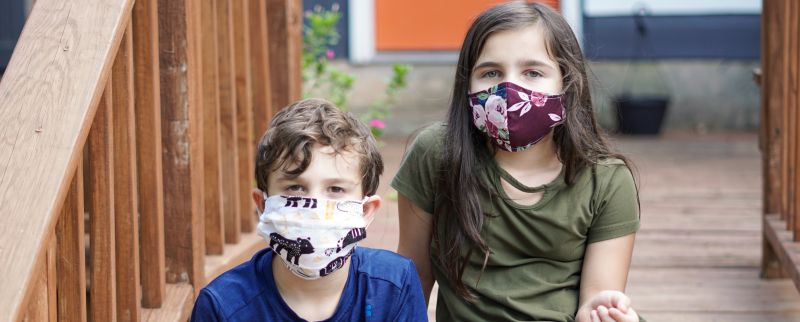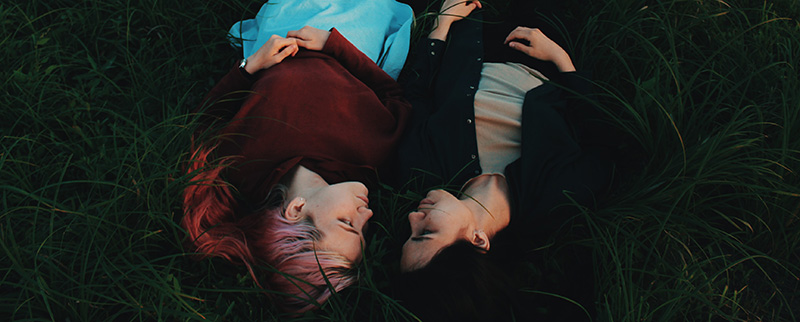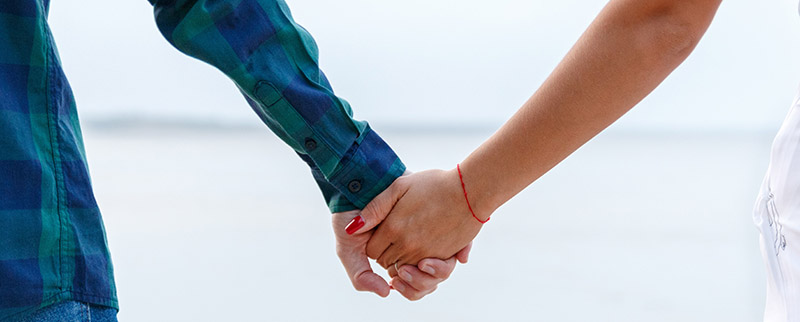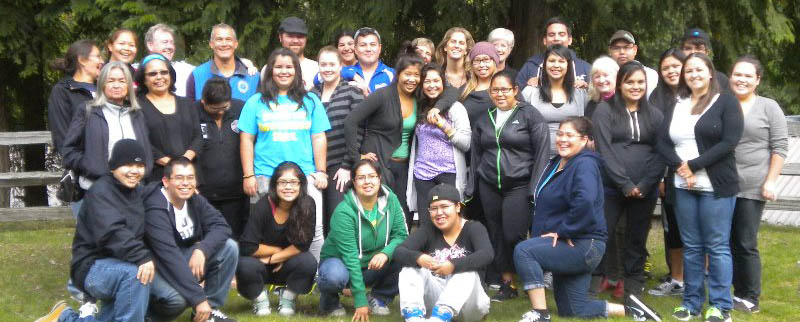COVID-19 Impact on Social–Emotional Learning
The COVID-19 pandemic has not only affected students’ academic performance, but it has also significantly impacted their social–emotional learning. Research shows that students are experiencing an increased lack of connection to peers and their communities and higher levels of mental health issues. The result is slower social and emotional development (Woolf).
Here at The Circle, we understand the importance of social-emotional education at all times but especially when life is not “normal.” We’re fortunate to be able to offer all of our programs in an online format during this time so that we can maintain contact with students.
What is Social–Emotional Learning? Why Do My Kids Need It?
We’re glad you asked. Social–emotional learning (SEL) is a process whereby children, youth, and adults:
- increase their ability to understand and manage their emotions
- set and work towards positive goals
- appreciate the perspectives of others
- demonstrate empathy
- make good decisions
- foster positive relationships (Durlak et al.)
Social-emotional educational programs aim to develop these core competencies to nurture more empathetic, self-aware, and emotionally intelligent individuals.
Top 6 Benefits
The benefits of a social-emotional education are abundant and wide-ranging. Here are six of the most important rewards of SEL.
1) Increases academic success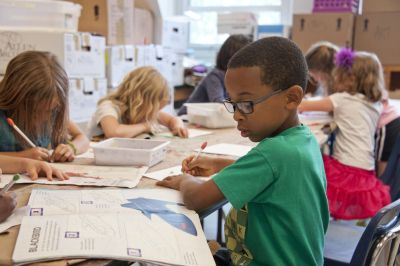
Studies show that developing stronger social and emotional skills improves students’ academic performance. When students feel heard and respected in the classroom, they can more easily focus on their learning and feel confident in their abilities. SEL also improves youths’ attitudes towards school—increasing their attendance and motivating them to learn.
2) Improves self-awareness and confidence
SEL encourages a developmental shift wherein students move from relying on outside sources for direction about how to act toward trusting in themselves and their own values. This process allows kids to build their self-confidence and belief in self. SEL also increases youths’ self-awareness by teaching them to notice how their actions and decisions affect themselves and others.
3) Increases empathy for others
Empathy, the ability to understand the feelings and perspective of another person, is considered a core social skill. Yet, it is often overlooked in traditional school curricula. A social-emotional education encourages kids to consider the perspectives and feelings of their peers, teachers, and parents. Practising empathy is a gateway to building other important skills such as conflict resolution, healthy communication and kindness towards others.
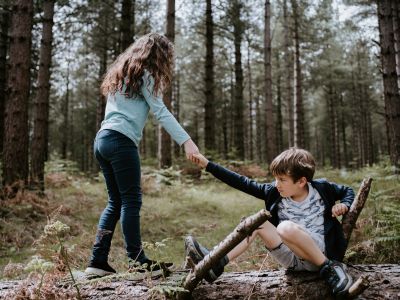 4) Improves relationship building skills
4) Improves relationship building skills
When kids learn to put themselves in another’s shoes and practise empathy, they also become more skilled in building and maintaining relationships. This includes knowing how to be a good friend, recognizing others’ emotions, and engaging in conflict resolution. SEL also teaches youth how to work well with others and practise teamwork. These are lifetime skills that will benefit students in the classroom and beyond.
5) Decreases emotional distress
It’s becoming apparent that students who are exposed to SEL in the classroom experience less instances of anxiety, depression, stress, and social withdrawal. On top of equipping students with tools to manage their emotions, SEL programs impact students’ central executive cognitive functions, which improves their ability to self-regulate and gives them a greater ability to manage and cope with their emotions. These benefits are especially important in the current social climate, as the pandemic has caused higher levels of mental health issues and social disconnection in students.
6) Encourages positive social behaviour (less behavioural problems)
According to recent research, students demonstrate more positive social behaviour with peers, teachers, and parents when SEL activities are implemented in the classroom. Once kids are equipped with skills for managing their emotions and practising self-regulation, they have fewer opportunities to have aggressive behaviours. When students build teamwork and relationships skills, they feel more confident during social interactions. And when students learn to work well with one another, they are able to handle interpersonal conflict in a respectful and productive way. (List Sources: Woolf and Pathway 2 Success)
Our SEL Programming
At The Circle, all of our programs are built around the core principles of SEL to foster all of the benefits that a social–emotional education has to offer.
-
- We offer the Empathy Project for Grade 3, 4, and 5 students to provide them with the building blocks of social–emotional learning.
- For Grades 6, 7, and 8, the Respect Project offers students the opportunity to get to know one another better and learn about the foundational role respect plays in their lives.
- The Pass It On program is an after-school, cross-peer group mentorship program with intermediate students (as buddies) and high school students (as mentors). Its goal is to foster capacity for healthy relationships and support life transitions.
Our programs have successfully offered students with the wide range of benefits of a social–emotional education. Learn more about our programs or request more information about how you can bring our programs to your classroom or organization.
 .
.
Adele Mark is a third year undergraduate student studying Sociology and Global Development Studies at the University of Victoria. She was involved in the Pass It On program in high school at Gulf Islands Secondary School and was hired as Marketing and Communications Assistant, a temporary student position in early 2021, at The Circle. Adele has been involved with several projects that focus on youth education and female empowerment and looks forward to continuing this work with The Circle.

